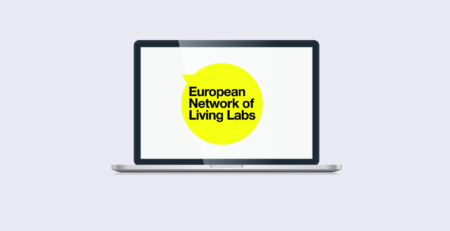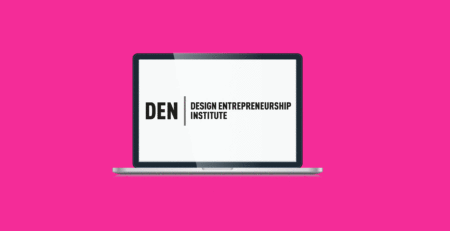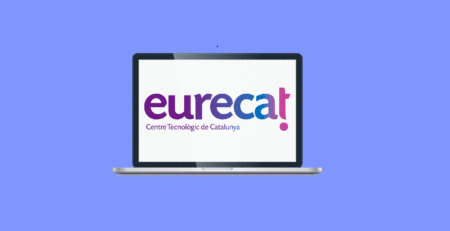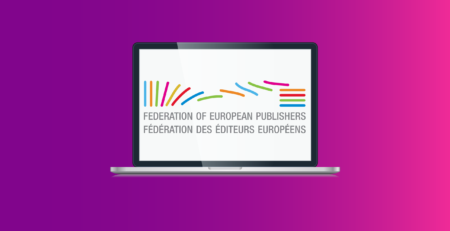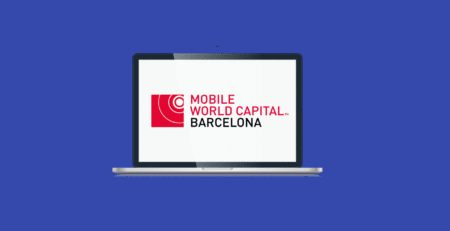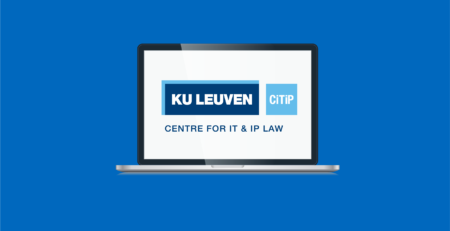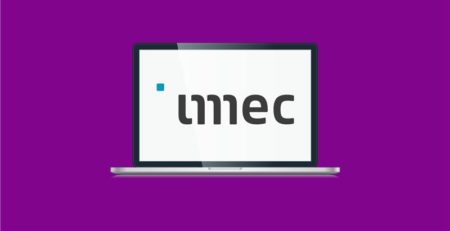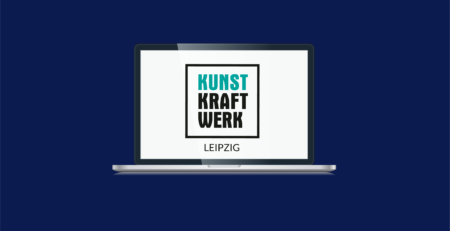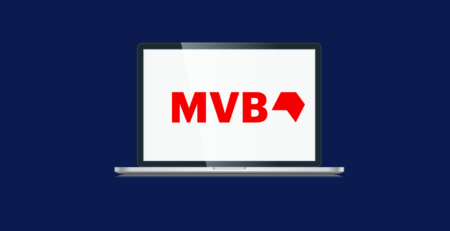Meet our partners: IN2
Alexandru Stan is leading the research and innovation projects of IN2.
How are you imagining right now the Möbius Book prototype development?
Well we are currently in the midst of it. We tested our initial initial concepts and designs in the first pilot phase and now in the second pilot phase that will run until September 2022 we are giving readers, prosumers and publishers prototypes of the different components that make up the Möbius Book to play with and provide feedback. For instance one component we invite prosumers to try out is the Möbius Creator, a web application that they can use to create digital books which have embedded in them videos, images and, most importantly, 3D sound effects or music. This will transport the reader directly in an immersive environment. Of course the eBook readers available right now are not be able to render this experience; this is why we are developing our very own Möbius Player. The feedback we are getting right now from the participants in the pilot is key to how the Möbius Book prototype will be further developed, so we are very excited about the upcoming co-creation sessions during the next months.
You have developed a web-based authoring environment for the creation of mixed-media stories. Which are the key advantages? Will it be deployed in the project?
During the last 5 years we have dived deep into the challenge of creating a user-friendly tool for a more modern digital storytelling. We explored different ways in which people who are not necessarely experts in the use of digital technolgies can tap into their own digital collections of photos, videos, sounds, documents and re-use those together with other aggregated content e.g. from social media, cultural repositories like Europeana, etc. We named this tool Tellit (https://tellitapp.com/) as it enables users to tell the stories they care about in a more interactive and visually engaging way. One of the key advantages of the tool is that it separates the creative process of creating a story by putting together different mixed-media items from the part of how a story is visualised. In this way a creator can decide and change at any time the way in which a story is visualised, depending for instance on which device it should be shown. Another key aspect is that the tool becomes also a central content hub for the user, providing a single home from which to search, access and re-use the available content which would otherwise be in different siloes. Tellit will be one of the underlying tools that we are adapting and customising for Mobius, in essence using it as the core building block for the Mobius Creator.
Which is specifically your role in the project?
I am involved in the technical innovation activities of the project, starting from the requirements engineering and system architecture specification to the actual implementation and delivery of the new Mobius Book format. Especially, as part of the IN2 team, we are focusing on the Mobius Book creator and the dashboards that make up the prosumer intelligence toolkit; and of course we are collaborating closely with the EUT team on the development of the Mobius Player.
IN2 as a technical partner, has a role in developing the prosumer intelligence toolkit. How would you define that? Which is your implication on it?
Indeed one of the main problems reported by publishers is the lack of information about community trends, performance of certain titles, etc. The prosumer intelligence toolkit, or PIT as we call it, is an innovative tool for content creators and publishers to better understand the trends and feedback distilled from the data of open prosumer communities. It does this by providing interactive visualizations put together in a easy to use dashboard which allows users to get an aggregated and distilled view of the data gathered from different sources. The team of EUT is providing the underlying algorithms used to analyze and distill the data, while we at IN2 are focusing on the visualization and user interface for the dashboard.
What do the Möbius Book need, technically speaking?
From a technical standpoint, to make the Mobius Book a reality it is necessary to extend the current formats and standards for eBooks and create a very efficient, use-friendly and intuitive toolkit to produce and consume such immersive books like the ones we envision. This is no easy task and requires a constant interaction with users, developing and improving the technology based on the feedback received.
The Pandemic has hit hard the publishing sector, what were your thoughts before and now about the evolution of the book industry?
The latest industry statistics show that in fact the publishing industry has fared very well during the COVID pandemic. However, although book sales have gone up, so has the pressure for publishers to better engage readers. There is indication that reading habits have changed during the pandemic, with more people turning to books for entertainment. Prosumer communities like Wattpad have also shown a very healthy development during this time, indicating that especially for younger readers a more interactive, prosumer-oriented, book experience is welcomed. This is good news for Mobius.
Finally, it would be much appreciated to know what you expect from the Möbius project.
We aim with Mobius to demonstrate to the publishing industry the viable alternatives that new technologies can offer and understand better as a commercial organization what kind of solutions would be best suited for this market in the short, medium and long term. Ideally, after the end of the project we would be able to prepare a commercial solution based on the Mobius Book building blocks that were piloted during the project.

Alexandru Stan is leading the research and innovation projects of IN2. Since 2007 he has been active in European R&D&I, collaborating in over 25 EU-funded projects (CEF, H2020, JPICH, EIT, FP7, FP6, CIP). He is currently involved in the Mobius project and the WEAVE project (https://weave-culture.eu/), which is coordinated by IN2. We has recently involved in the European Data Incubator and the MARCONI project (https://www.projectmarconi.eu/). He is part of the Steering Board of NEM (New European Media Initiative) and regularly acts as programme committee member for international conferences.



